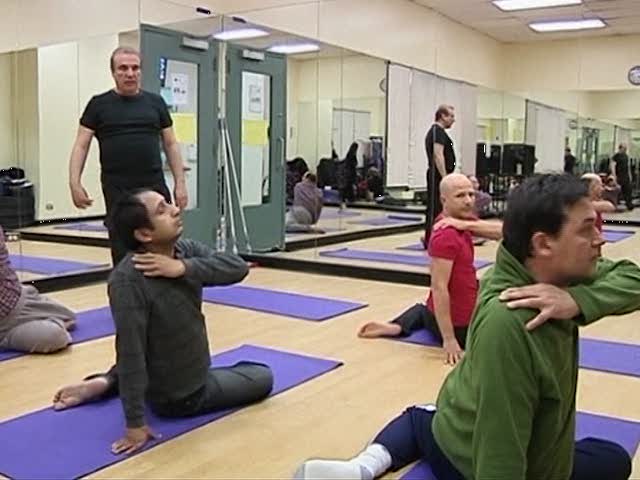White House Urged To Use Internet As Human-Rights Soapbox
Published:
11 February 2001 y., Sunday
The Bush administration should consider reaching out to other nations to encourage use of the Internet as a tool for promoting US interests and improving human rights conditions abroad, a report issued publicly today asserts.
"To advance American security, political and economic interests, the United States should focus greater attention upon fostering the expansion of foreign Internet access and use, particularly in nations that are economically marginalized or struggling to solidify democracy," the Lawyers Committee for Human Rights said.
The report, presented to top-ranking officials in the Bush administration on Thursday, advocates a policy of techno-activism abroad to fight foreign oppressive regimes and to pave the way for American high-tech companies.
"Because the US private sector remains a leader in all aspects of information technology, American firms are well positioned to provide the infrastructure, hardware, software and training needed as Internet use expands," the report notes.
The 200-page study likens the Internet – as a tool for democratization – to the influence of Radio Free Europe and Voice of America during the Cold War, noting that the Web has enormous potential in exporting American values and democratization in many repressive nations that restrict media and the press.
The study also references a recent estimate by the international press advocacy group Reporters Sans Frontieres (Reporters Without Borders), which says more than 45 countries "severely restrict" the Internet by forcing users to filter content, subscribe to a state-run ISP or register with authorities.
The group said some 20 nations, including Iran, Iraq, Libya, China, Cuba and North Korea and several other countries that the US keeps at a safe distance virtually ban the Internet from their borders. Such nations are just as likely to use the Internet against their own citizens, the Lawyers Committee said.
The report urges the Bush administration to call for end to all government restrictions on Web use, and to use its embassies and military bases abroad as a jumping off point for expanding public Internet access for non-commercial users.
Šaltinis:
Newsbytes
Copying, publishing, announcing any information from the News.lt portal without written permission of News.lt editorial office is prohibited.
The most popular articles
 Every year 10 000 people lose their lives due to landmines.
more »
Every year 10 000 people lose their lives due to landmines.
more »
 Frustrated by the technical explanation of the nuclear crisis in Japan, artist Hachiya Kazuhiko creates cartoon character "Nuclear Boy" for clarification.
more »
Frustrated by the technical explanation of the nuclear crisis in Japan, artist Hachiya Kazuhiko creates cartoon character "Nuclear Boy" for clarification.
more »
 A Polish collector discovers a photo believed to be of Frederic Chopin taken just after his death in 1849.
more »
A Polish collector discovers a photo believed to be of Frederic Chopin taken just after his death in 1849.
more »
 EGNOS-for-aviation, a satellite navigation service launched on 2 March 2011, will increase flight safety, reduce delays and open up new destinations.
more »
EGNOS-for-aviation, a satellite navigation service launched on 2 March 2011, will increase flight safety, reduce delays and open up new destinations.
more »
 Worker finds two time capsules amid earthquake rubble in Christchurch as search and rescue teams continue to comb through debris from the New Zealand earthquake.
more »
Worker finds two time capsules amid earthquake rubble in Christchurch as search and rescue teams continue to comb through debris from the New Zealand earthquake.
more »
 A group of elderly men in Brazil have taken up running as they race disease and old age.
more »
A group of elderly men in Brazil have taken up running as they race disease and old age.
more »
 "Taxi Yoga," a new exercise class for taxi drivers, helps stretch away the stress of driving a cab in New York City.
more »
"Taxi Yoga," a new exercise class for taxi drivers, helps stretch away the stress of driving a cab in New York City.
more »
 Twenty-five rescued circus lions leave Bolivia for a new life at a U.S. animal sanctuary.
more »
Twenty-five rescued circus lions leave Bolivia for a new life at a U.S. animal sanctuary.
more »
 Colombian flower growers prepare rose exports for Valentine's Day and hope to reap profits despite a strengthening peso.
more »
Colombian flower growers prepare rose exports for Valentine's Day and hope to reap profits despite a strengthening peso.
more »
 Mexican animal rights activists coat their bodies in fake blood to protest bullfighting.
more »
Mexican animal rights activists coat their bodies in fake blood to protest bullfighting.
more »